Your small business can boom if you know the right way to introduce this to the world. Strategizing digitalization in a business is the latest technique to achieve success. Why? Let me share with you some valuable data that will convince you to jump into the digital ocean right now:
- 81% of shoppers research online before purchasing a product or service.
- According to Backlinko, social network platform users have crossed 5.7 billion in July 2025.
- 90% of people buy from brands they always follow on social media platforms.
If you are new to this era and puzzled about what to do to get more user interaction, then go through our article.
Here we have demonstrated the complete process of creating a perfect digital marketing strategy, including social media management, content creation, research, conducting analytics, and lead generation strategies.
What Is a Digital Strategy?
Digital Strategy is considered a technique to establish a strong foundation for your business on the Internet. This methodology includes building a strong presence on specific social media, websites, online stores, email marketing, search engine listing, video marketing, or online advertisement.
Remember, you must make unique and quality content to get recognized by your targeted audiences.
Take a look at Duolingo’s YouTube Channel as an example. Duolingo is a language learning platform that makes relevant meme content using a unique style.
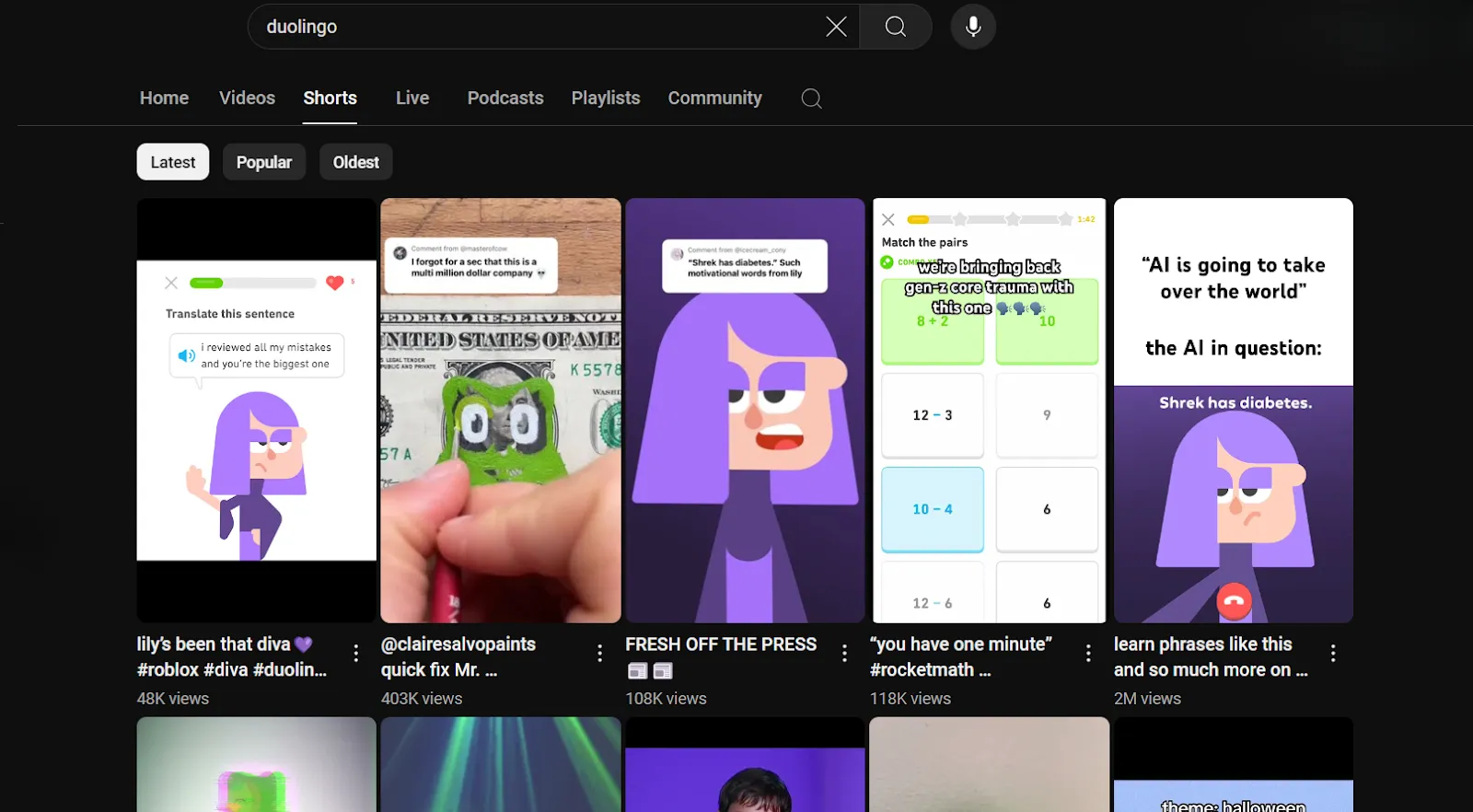
- All these shorts are memes.
They use it to sell their courses, convey their message, and keep their audience entertained. It’s hard to believe a multi-million dollar company uses memes to market its service.
Coming up with a digital marketing strategy is similar to preparing an omelet. If done correctly, the dish will be excellent, but one wrong step can turn it into a distasteful plate of missed opportunities.
10 Steps to Build a Perfect Digital Strategy for Small Businesses
With these steps, you can easily build a perfect Digital Strategy that will yield fruitful results in the future and secure consistent success.
1. Asses Your Business’s Current Situation
Isn’t it better to inspect your physical condition before going for a walk? Because you may pass out or suffer other issues.
The same goes for opening a business. Before thinking about creating an online presence for your company, you should thoroughly assess your business’s current situation. You should understand,
- In which stage is your business currently in?
- Does your business have a steady revenue stream?
- Do you have a preferred audience base and fix an existing problem?
- Does your business have a team of creators and managers to handle all your social channels?
- What is your primary goal in establishing an online presence?
- Did you analyze the challenges and potential risks that may occur when transitioning online?
After understanding these reasons, you should consider developing a digital strategy, eventually shifting towards an online presence.
2. Define Your Digital Goal
The next step you will be taking is to define an achievable goal.
Just coming up with a goal like “I will reach one thousand Facebook page followers” or “I will gain one thousand subscribers on YouTube” will not do. Instead, make them more precise and then approach your team members, such as
- Improving online sales by 20% within the next 3 months.
- Increasing YouTube watch hours by 100,000 hours in the next months.
- Making 200 thousand content in the next 365 days.
- Simply offering a doable and fun challenge within a certain time limit can also be great.
Also, remember that you are just getting started on your online presence journey and don’t have enough data about any big social media platforms, or don’t know what type of content you will be preparing.
So, you will need to do some research and analytics before defining a clearer goal. Your research can include:
Topics to Help You Define the Goal
| Topics | Description | |
| 1 | Keyword Research | There are like 1.09 million websites in this world, so prepare for hard competition, no matter how unique your niche is. Do a thorough competitor analysis before setting up any goals. |
| 2 | Marketing Trends | If you want to achieve success in a minimal time frame, then always look for marketing trends and make content based on them. You can aim for competitive shifts, customer behavior, and any type of rising technologies. |
| 3 | Audience analysis | You will want to have a dedicated audience pool that interacts with your content because they will be your potential customers. Using Google Analytics or social media insights can help you find that insight. |
| 4 | Competitor Analysis | Determine which content will attract your audience and is relevant to your niche. You can go for videos, infographics, blogs, e-books or podcasts. Whatever content you make, keep the tone friendly, humble, professional, and funny. |
| 5 | Building Digital Marketing Channels | Most of your operations will be performed on your business’s social media accounts. So, open channels on YouTube, Facebook, Instagram, LinkedIn, X (Formerly Twitter), TikTok, Pinterest, and Quora. After you reach a certain follower base, consider opening a website and funnel your audience into it. |
| 6 | Content Creation and Research | Determine which content will attract your audience and is relevant to your niche. You can go for videos, infographics, blogs, e-books, or podcasts. Whatever content you make, keep the tone friendly, humble, professional, and funny. |
| 7 | Budget and Resources | Allocate and set a budget for different projects for your business |
After you have an initial start on all these topics, consider aiming for a goal.
3. Identify a Specific Niche Audience that Aligns with Your Business
Millions of people use the Internet, but only a handful of them will be your niche audience. But, how can you find these individuals? It’s like finding a needle in a haystack!
If you just started your business, then just upload your niche-centric content on a single platform instead of chasing a niche audience. Your niche audience will automatically form. Writing blog posts can be a great way to start your journey.
The next step will be creating content on social media platforms and waiting for interactions to come through.
You should start with Facebook and Instagram because they have a record of returning ROI and have fewer restrictions than YouTube. After a while, you can analyze the current customer base according to location, gender, interests, and behavior toward your content.
Here is a list of tools you can use to identify an audience base,
- Google Trends.
- Facebook audience insights.
- BuzzSumo.
- Sprout Social.
- Google Analytics.
- SEMRush.
Solving a Particular Problem can also be an important yellow cap in the crowd. A great example is Spektrum, which was founded by “two guys who just couldn’t get off their computers” (they intentionally hide their names).
Their sole purpose is to design glasses that can help their customers sleep and protect their eyes from extended periods of screen usage.
With this niche approach for a specific problem, Spektrum was able to draw the attention of health-conscious professionals and technology enthusiasts suffering from screen overuse.
4. Select the Platforms to Post Your Content
After you open your channels on different social media platforms, you will need to create a perfect distribution system for your channels. Here is a list of social media platforms where you can open your business accounts.
| Platforms | Monthly Active Users | Monthly Organic Traffic | Content Usage Restrictions | |
| 1 | 3.06 billion | 13100 million | Fewer Restrictions | |
| 2 | 2.35 billion | 6700 million | Fewer Restrictions | |
| 3 | YouTube | 2.70 billion | 73,000 million | Many Restrictions |
| 4 | TikTok | 1.67 billion | 2,700 million | Fewer Restrictions |
| 5 | Quora | 305 million | 1,100 million | Fewer Restrictions |
| 6 | 518 million | 974 million | Fewer Restrictions | |
| 7 | 430 million | 5,500 million | Fewer Restrictions | |
Information Gathered from – EXPLODING TOPICS
All these platforms are great for getting started and setting up your accounts in descending order. Opening all accounts at once might tangle up your entire operation; instead, slowly advance towards opening one channel at a time.
By following this, you can achieve success on most social media and gain customer interactions without much effort.
5. Determine What Tactics You Will Use to Share and Promote Your Content
You can have multiple social media channels, but to acquire audiences, you will need hundreds of pieces of content. So, while making content, consider,
- Make compelling content that conveys a message perfectly.
- Keep a professional tone.
- Focus on quality instead of quantity.
- If you wanna make memes, consider making them relatable.
- Create a unique style and stick to it.
- Consistently make content to be on the good side of social media algorithms.
- Try to create content during your channel’s peak hours, meaning when your audience is most active on the platform.
6. Monitor Your Content’s Performance Across Social Media Platforms
Making progress and holding the progress are two different things.
Regularly monitoring your content, ad campaigns, and audience interactions will be an integral part of maintaining and refining your digital strategy. It lets you know how your audience is interacting, recognizes successful content, and makes you aware of areas that need improvement.
An analytics tool is a must for the monitoring process. Recording your analytics is pretty easy, and most social media companies offer built-in analytics tools on their platform.
However, if you want a bit more than just your usual analytics tools like Facebook Insights, Instagram Analytics, or Google Analytics, then you can go for Ahrefs or Sprout Social. With Ahrefs, you can research keywords and also get insights on different trends, audience preferences, and ideas.
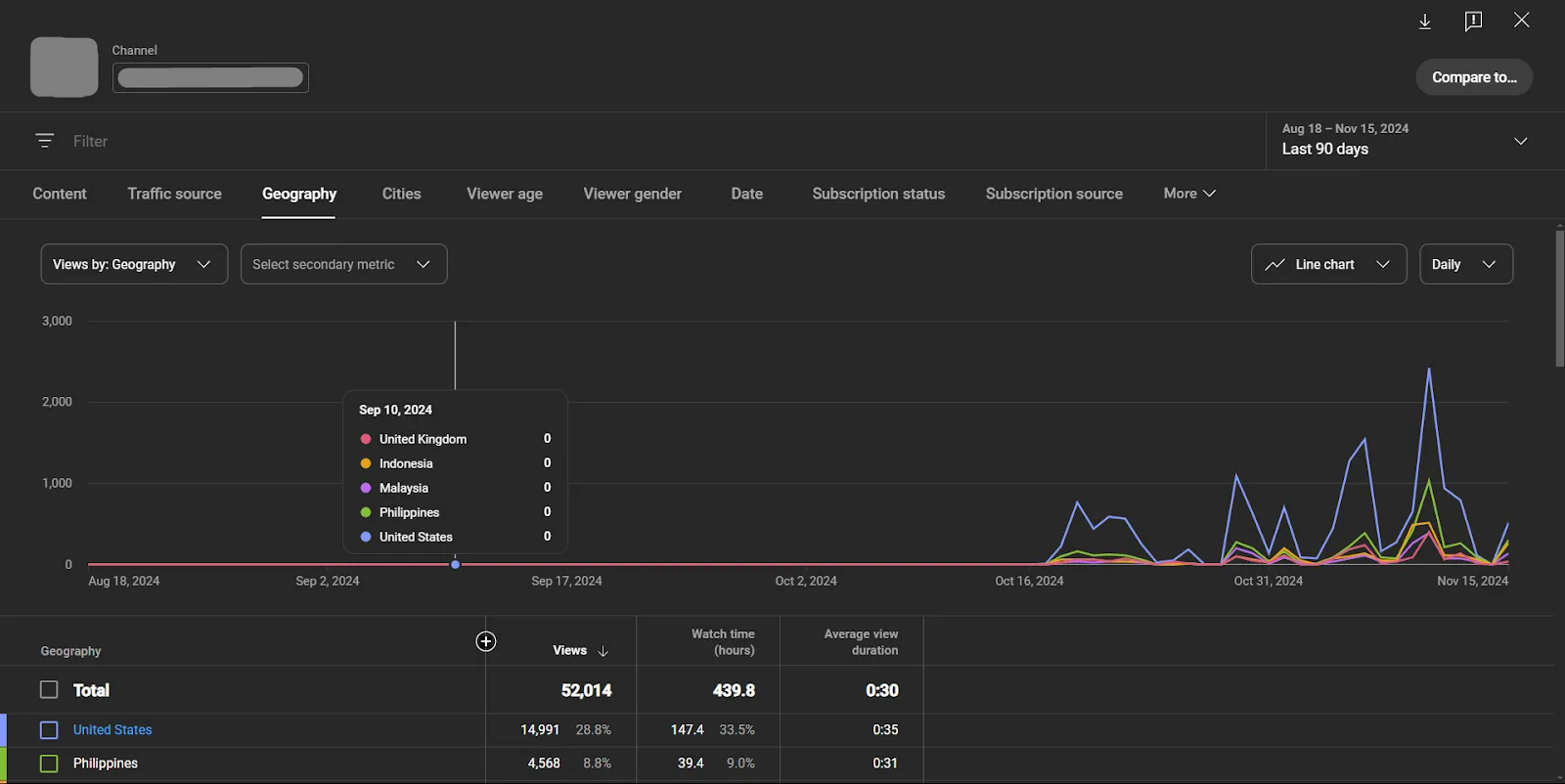
An ideal analytics tool should deliver all the data of your existing or visited audience.
7. Develop a Brand Voice for Your Digital Presence
We talked about developing a unique style that represents your brand in your content.
Take Brand Voice as one of those styles, which simply means a brand’s unique style, tone, and personality that it utilizes while communicating with a specific audience base.
A brand voice is not just a style, but a characteristic that represents a company’s mission, values, and identity. Keeping it simple yet professional is the key!
Here are some key factors for brand voice creation:
- First, know your audience preferences, likes, and their willingness to engage with your company.
- Maintain human emotions such as kindness, compassion, trust, reliability, and empathy in your content.
- Create a brand voice based on your audience.
- A playful and creative tone can be applied to a Gen Z audience base.
- Seriousness and professionalism can be applied to Millennials and Gen X.
- Silly, goofy, yet the product’s usefulness is enough for a company selling baby products. Usefulness is crucial because you are aiming for the baby’s parents as well.
- Add storytelling to your brand voice.
- Consistency is key, so try to maintain the exact voice tone in your brand voice across all your social media and websites.
- Follow trends while incorporating your brand voice on different social media platforms.
- In terms of visuals, try to follow a color pattern and design while creating images, GIFs, infographics, videos, etc.
There are thousands of companies out there that have great brand voices following the same pattern for their company:
3 Renowned Companies and Their Ad Examples
a. Nike
Nike is one of the globally recognized sportswear brands that uses inspirational, motivational, and empowering tones. Their “Just do it” brand slogan resonates with strong storytelling and perseverance.

- Here is a simple ad from Nike that perfectly resonates with their brand voice of being inspirational and motivational.
b. Mailchimp
Mailchimp is a marketing automation and email marketing platform that helps companies grow their business through email. They maintain a humorous and conversational tone for their brand voice.

Image courtesy – Droga
- 3 ad templates from Mailchimp. They are using a meme for this one!
c. Grammarly
Grammarly is a typing assistant and AI-based communication platform that helps you make clear, concise, and grammatically error-free content. Their main theme is helping people understand the importance of clear and to-the-point content in fields such as academic, professional communication, and creative writing.

- In this ad, they are simply putting grammatically incorrect auto-detections on the billboard. It’s not the design, but the message that holds the brand voice!
8. Do Some Paid Advertising (A Mandatory Step)
Building a digital strategy is more than just spending money.
But to buy the tools required, reach the precise audience, hire experienced people, and reach prestigious clients, you will need to spend money, so there is no alternative option available.
Paid advertising just gives a straightforward and fast option to reach a specific objective, but it doesn’t ensure 100% success.
To perfectly utilize paid advertising, consider:
- Always set a budget before starting.
- Select a platform that has the potential to keep up with your paid advertising.
- Only do paid advertising for the continents that have great engagement from your existing followers.
- Optimize for paid ads after analyzing insights.
- First, check out some ad formats in a smaller audience pool and then release them to a bigger audience base.
9. Refine Your Pre-Existing Strategies and Be Innovative or Modify Concepts of Content Creation
Always aiming for perfect opportunities is the key to making engaging content.
So, try to refine your future content based on your existing content. You can look out for different industry trends, personalized content, or simply be mad creative.
The point is that creating engaging content and ad campaigns takes a little bit of improvement, adaptation to different content, and focusing on audience needs. It’s not what you are good at making, but what your audience likes the most!
Remember to be open to new ideas and keep editing your content for fresh engagement opportunities.
10. Share Your Client’s Success Stories on Your Business Channels
Only advertising and no proof make Jack lose potential clients.
In 2025, people don’t believe in your marketing gimmicks; you have to show authenticity, experiences, and results from your previous clients. You may have already worked for clients, so ask for their reviews on your channels.
Even a simple, honest review can set you on a path to great success.
What you can do while sharing client stories:
- You can share case studies on your website’s page, which highlights a client’s challenges and solutions you provided.
- Create and post video testimonials of your clients on social media.
- You can create images or videos about the before-and-after results of satisfied clients.
- Produce reviews of storytelling methods, or you can make more effective videos.
- Add a milestone section on your website page or create posts that include your previous ones.
- Also, consider sharing short reels, TikTok, or YouTube shorts about your client’s wins.
By Developing a Digital Strategy for Your Business, You Are Setting a Success Rate by 30% to 80%
Yes, according to BCG, a multi-million dollar American-based consulting and investing firm, digital strategy can help a business achieve success by 80%. It’s not even that hard to build a successful online presence that actually works and provides value for long-term business success.
All you need is to understand your business’s current situation, set a clear goal, understand your niche audience, and open multiple social media accounts.
Whatever you do, remember to make the best quality content because it can engage your audience in business and encourage them to follow your social media handles. Eventually, in your digital journey to making good content, you will test with different templates, refine pre-existing content, and do some paid advertising.
You just need to get started!
FAQs – Frequently Asked Questions
What does KPI mean in digital marketing?
KPI simply means Key Performance Indicators, which measure your success on different digital marketing campaigns. Some examples of KPIs are conversion rates, website traffic, CTR, and ROI
What’s a digital marketing funnel?
A digital marketing funnel simply means following some precise steps that your audience takes before making a purchase. Your prospect will become aware of your company by going through these stages: awareness, consideration, interest, and conversion.
What does SWOT stand for?
SWOT or Strengths, Weaknesses, Opportunities, and Threats are the building frameworks that help you understand your business’s advantages and perspectives. By fully assessing the SWOT of your business, you are enabling yourself to identify your business’s strengths, weaknesses, opportunities, and threats.
Which ROI percentage is the best?
An ROI percentage of 5%-7% is considered excellent. It can be presented as 5:1, which means for every $1 spent, you earn $5 in return.
What’s the most successful form of digital marketing?
Simply, digital marketing means opening social media channels, building a website, and creating content to publish on different social media handles. It’s a combined effort of various approaches, but among them, quality content creation is the most successful and perfect form of digital marketing. Because almost 70% of your audience will be influenced by your content and consider following your business.

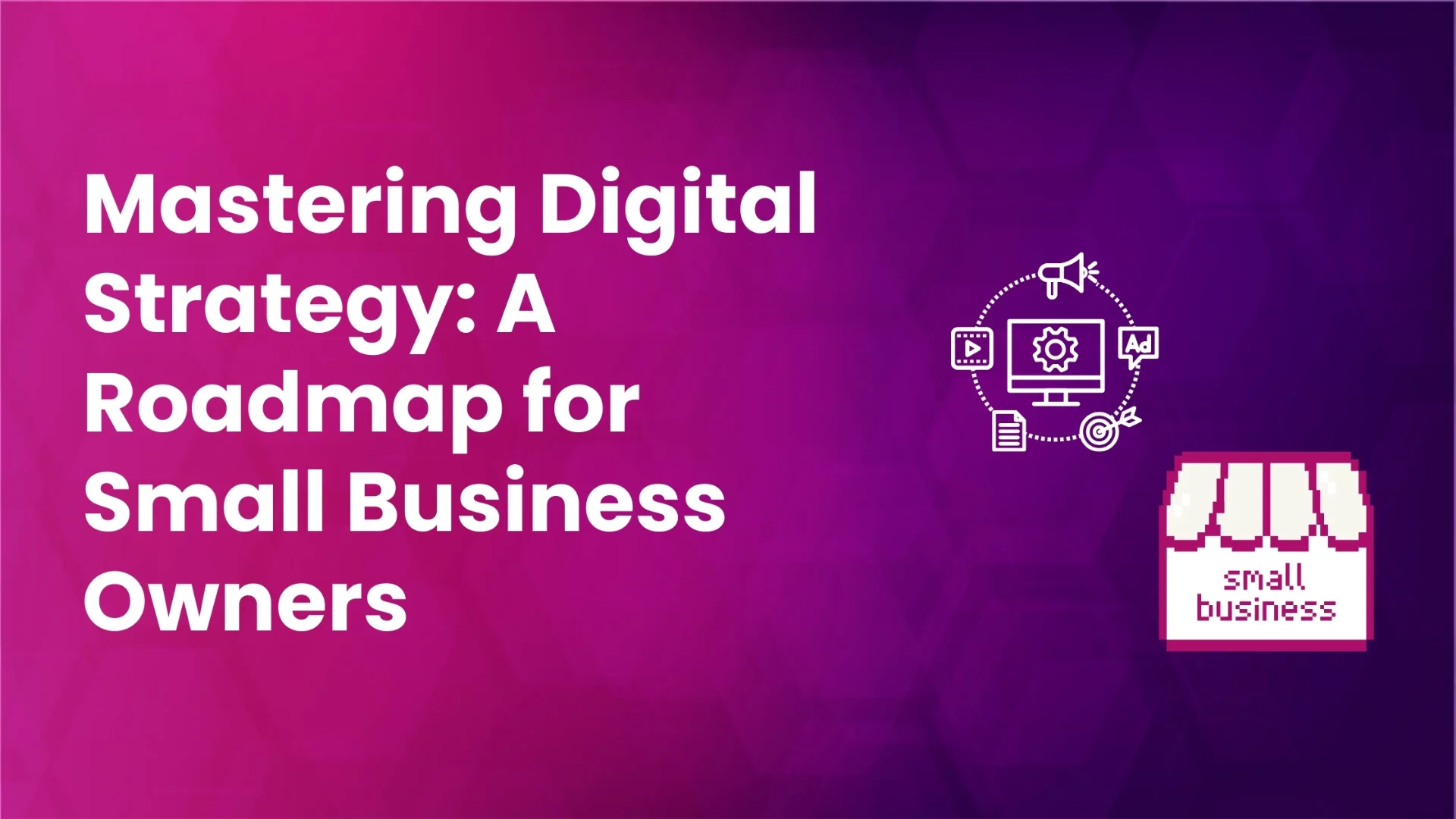

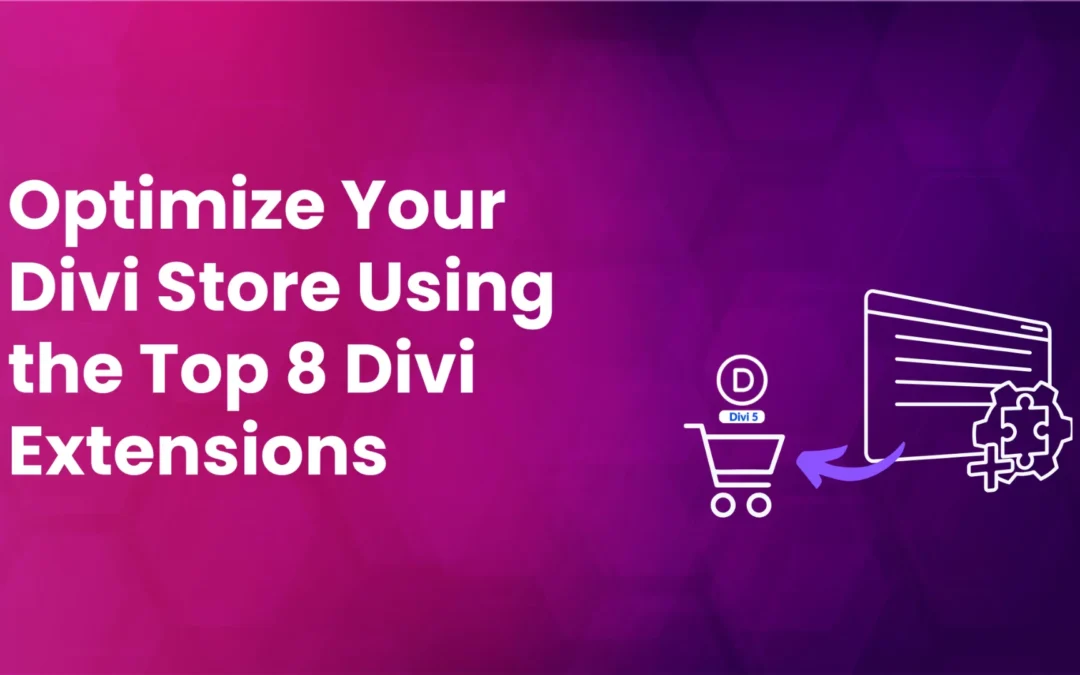

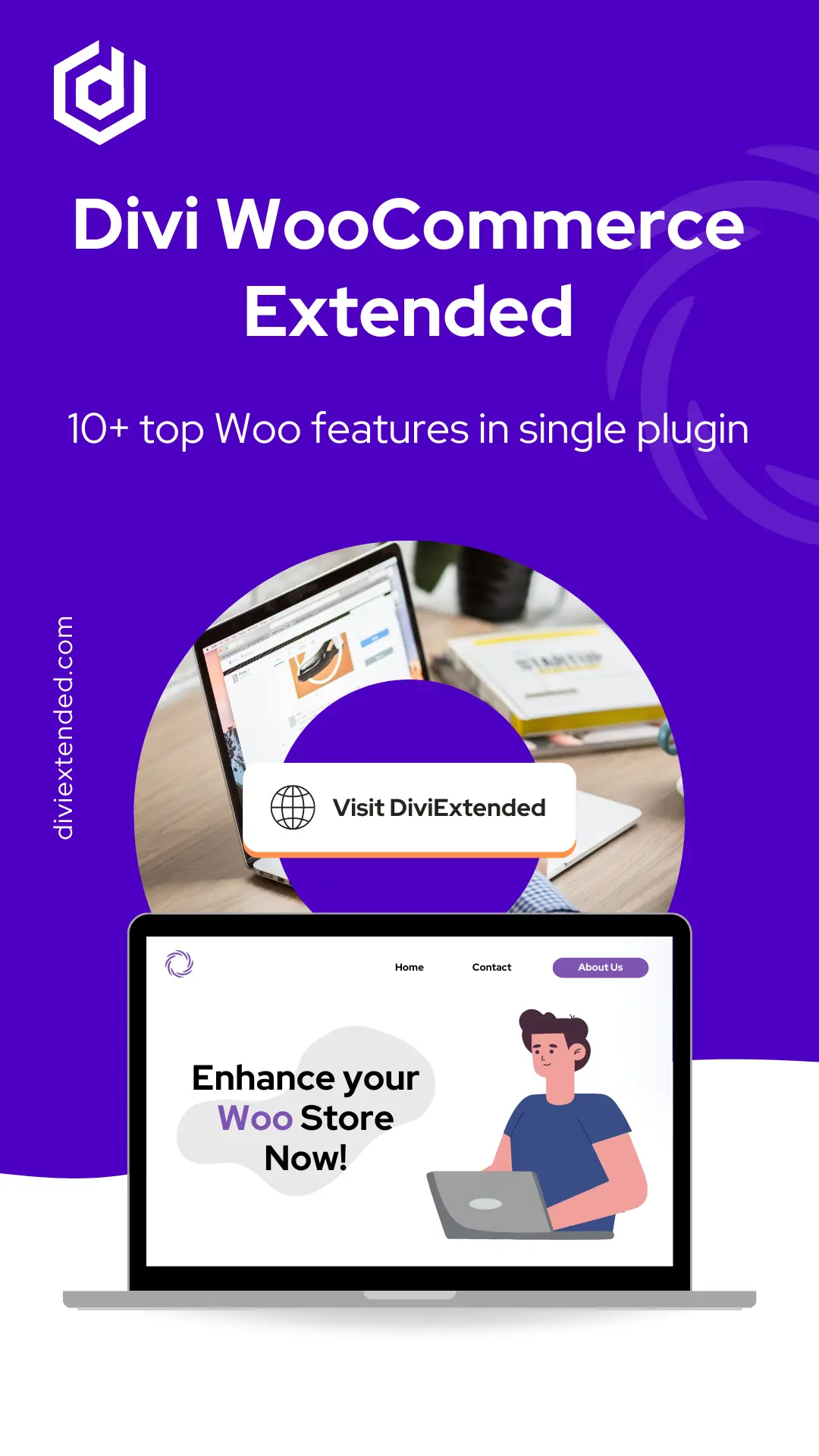
0 Comments